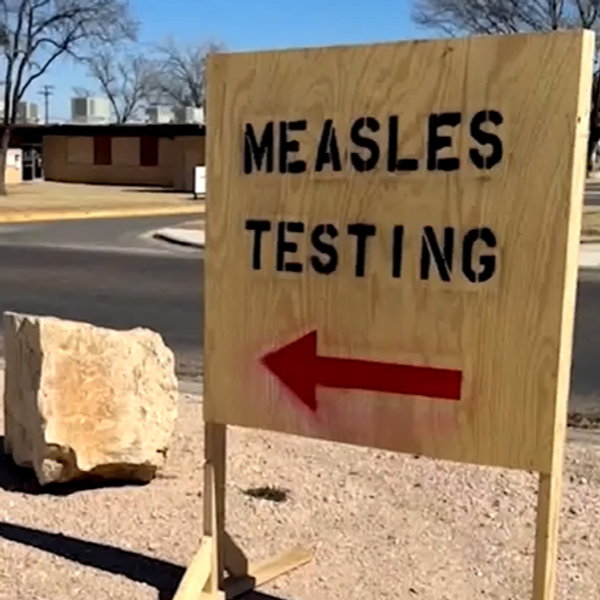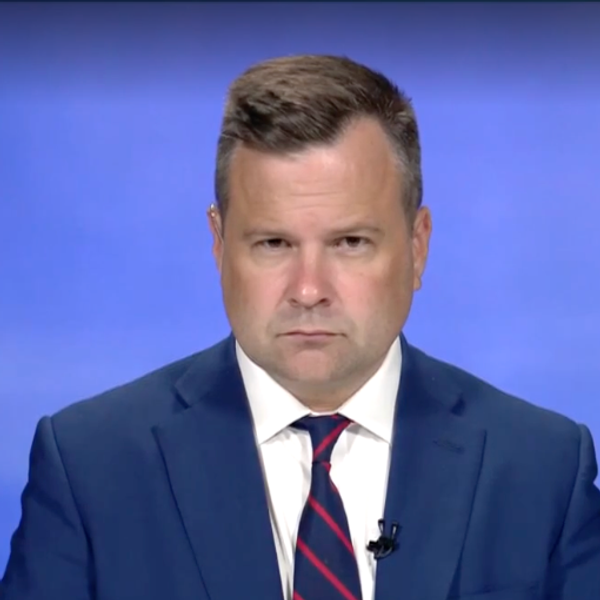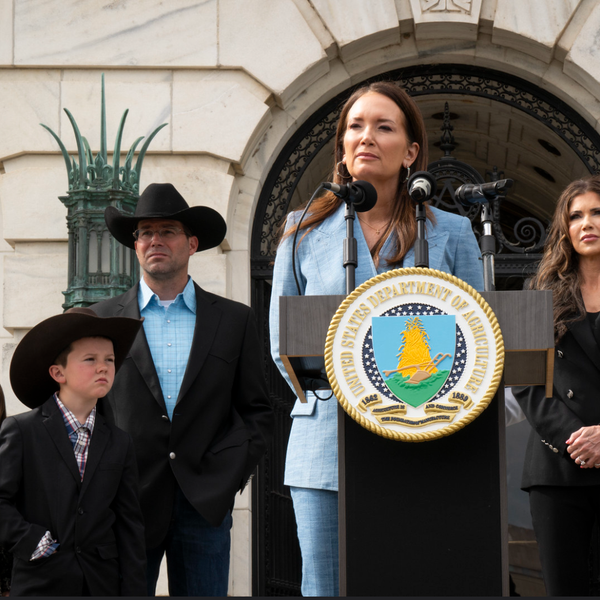Stonewalling Sessions Runs Away From Tough Questions In Senate Inquiry

Reprinted with permission from Alternet.
Under a barrage of questions from Democratic senators, Attorney General Jeff Sessions denied any significant contact with Russian officials during the election, denied that his decision to fire FBI director James Comey had anything to do with the FBI investigation of possible collusion between the Trump campaign and Russian officials, and even denied knowledge of the U.S. intelligence community’s pre-election finding that Russia interfered in the election.
In sworn testimony before the Senate Intelligence Committee, Sessions said any suggestion that he was involved in colluding with Russian officials is “an appalling, detestable lie.”
Sessions testified that he had effectively recused himself from the Russia investigation from the day after he took office on February 9 until he formally recused himself on March 2:
“From that point, February 10th, until I announced my formal recusal on March 2nd, I was never briefed on any investigative details, did not access any information about the investigation. I received only the limited information that the department’s career officials determined was necessary for me to form and make a recusal decision.”
Sessions’ answer echoed, but did not illuminate, the account of former FBI director James Comey. During Comey’s appearance before the committee last week, Sen. Ron Wyden, D-OR, asked why Comey and his aides decided not to discuss the “president’s actions” on the Russia investigation with Sessions.
“What was it about the Attorney General’s own interactions with the Russians, or his behavior with regard to the investigation, that would have led the entire leadership of the FBI to make this decision?” Wyden asked.
Comey replied:
“Our judgment, as I recall, was that he was very close to and inevitably going to recuse himself for a variety of reasons. We also were aware of facts that I can’t discuss in an open setting that would make his continued engagement in a Russia-related investigation problematic.”
This “limited information” that Sessions said he received to make his recusal decision would seem to correspond to classified “facts” that Comey said made “his continued engagement in a Russia-related investigation problematic.”
But the underlying facts and information remained out of public view during the three-hour Capitol Hill hearing.
‘Stonewalling’
When Senator Dianne Feinstein asked Sessions, “Did you discuss director Comey’s handling of the investigations with the president or anyone else?” the Attorney General declined to answer.
“Senator Feinstein, that would call for a communication between the director and the president and I’m not able to comment on that.”
When Sessions declined to answer a similar question from Sen. Martin Heinrich (D-NM), on the same grounds, Heinrich said, “You are obstructing this congressional investigation.”
Heinrich likened Sessions to Director of National Intelligence Dan Coats and NSA direct Mike Rogers, who declined to talk about their conversations with Trump last week.
“Like the silence of Rep. Coats and Admiral Rogers, I think your silence speaks volumes,” Heinrich said.
When Senator Ron Wyden opened his five minutes of floor time by saying, “People are sick of stonewalling,” Sessions grew testy.
“I am not stonewalling,” he said. “I’m following the policies of the Department of Justice,” which he said included protecting the confidentiality of conversations with the president.
“We have a right to have full and robust debate within the Department of Justice and encourage people to speak up and argue cases on different sides,” he said.
When Senator Kamala Harris, D-CA, asked if the Department’s policies were contained in a written document, Sessions said, “I believe so.” When Harris asked if he had consulted those documents before his appearance, Sessions said he had consulted with staff.
Sessions repeatedly denied that he was invoking “executive privilege,” the legal doctrine that says the president has the right to protect the confidentiality of Executive Branch conversations.
He also declined to say if he had spoken with Justice Department or White House officials about pardons for persons implicated in the Russia probe.
“Without in any way suggesting I had any conversations concerning pardons, totally apart from that,” he told Feinstein, “there are privileges of communication within the Department of Justice that we share, all of us do.
In his opening statement, Sessions expressed concern about Russian interference in the election.
“Such interference can never be tolerated, and I encourage every effort to get to the bottom of any such allegations,” he stated.
Yet in his testimony, the Attorney General all but admitted that he had never made any effort to get to the bottom of the allegations.
Sessions testified that he never been briefed about the U.S. intelligence community’s finding in October 2016 that Russia sought to influence the outcome of the U.S. election. He said he had no conversations about that finding with President Trump either.
And he avoided answering the key question raised by Comey’s testimony: What did Sessions learn about the Russia investigation between Feb. 10 and March 2 that made “his continued engagement in a Russia-related investigation problematic?”
When the committee gets an answer to that question, it will be a lot closer to getting to the bottom of the Russia collusion allegation than it is today.
Jefferson Morley is AlterNet’s Washington correspondent. He is the author of the forthcoming biography The Ghost: The Secret Life of CIA Spymaster James Jesus Angleton (St. Martin’s Press, October 2017) and the 2016 Kindle ebook CIA and JFK: The Secret Assassination Files.
This article was made possible by the readers and supporters of AlterNet.








